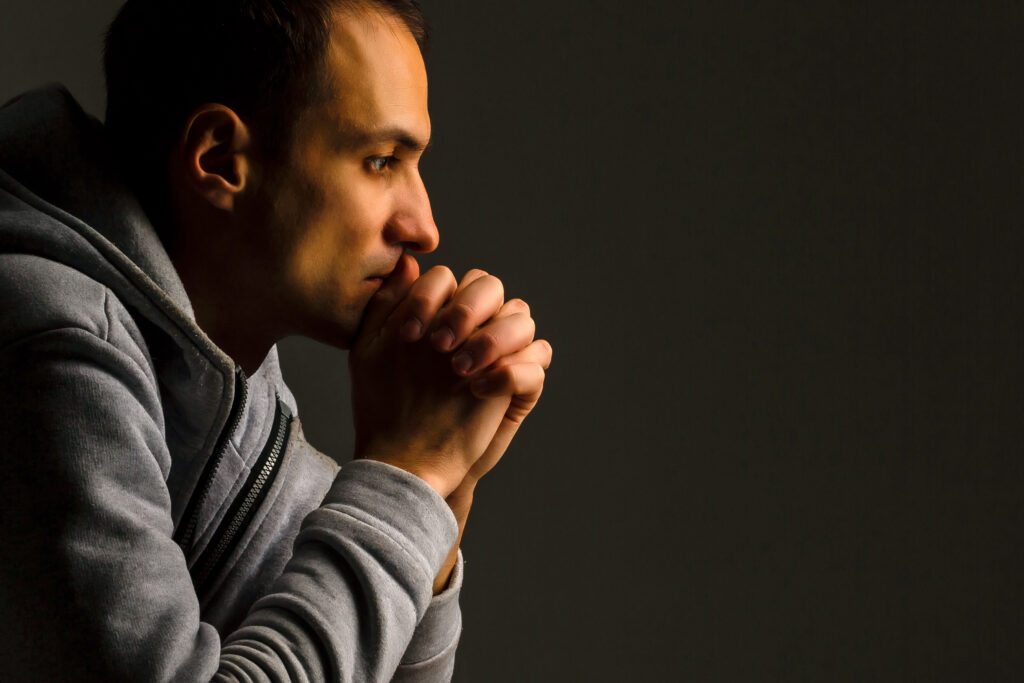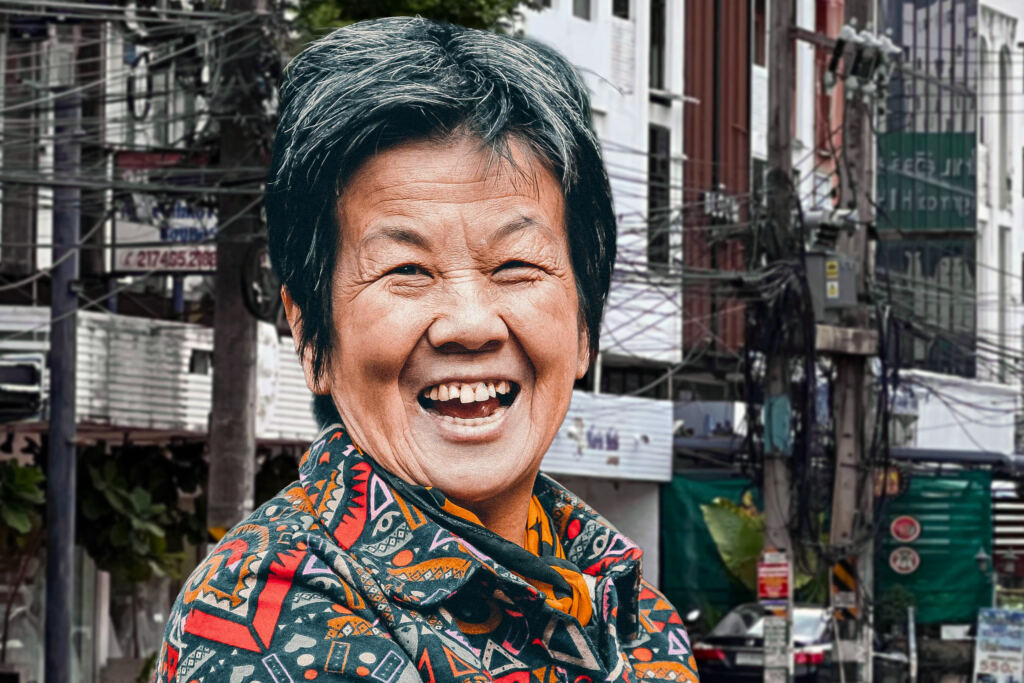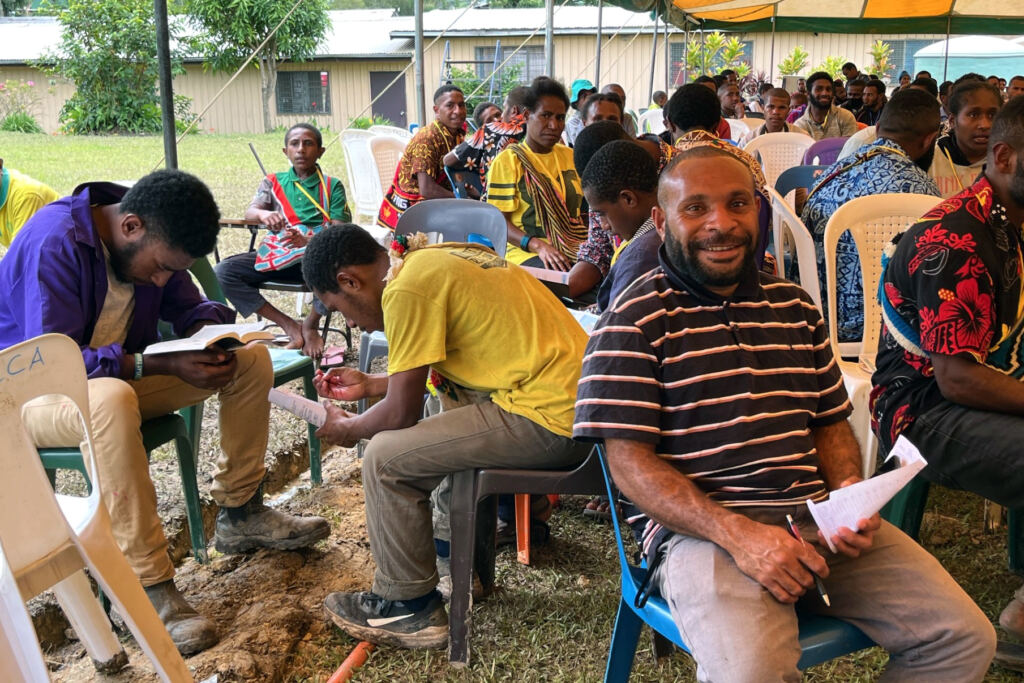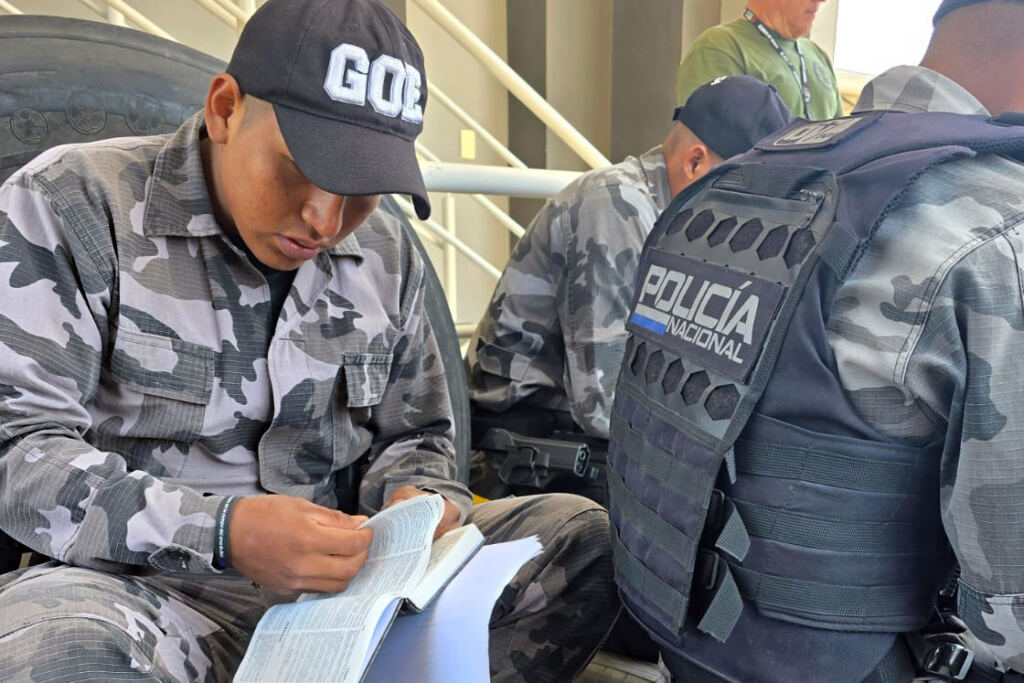Each time the azaan sounded from the loudspeakers of the local mosque, calling the community to their five daily prayers, Awad spread his prayer mat toward Mecca and raised his hands, declaring the greatness of Allah. Awad’s devotion was apparent, even in fundamentalist Afghanistan.
When Awad began university studies in a larger city, he found himself surrounded by new ideas. His friends in the dorm shared perspectives from different regions of Afghanistan. Intrigued, he spent his free hours immersed in books on a wide range of subjects.
In his new city, Awad was no longer sheltered from the iron hand of extremism. He witnessed near-constant brutalities committed in the streets by those claiming to uphold true Islam. Reports came that in the rural provinces, the Taliban stoned women for perceived crimes without evidence. Girls were prohibited from attending school. Then one tragic day, two of Awad’s best friends were killed in a suicide bombing.
Awad was filled with grief and plagued with questions. How can people so brutal think they are going to heaven? Does Allah truly accept violence and killing? Why are women not equal to men in our country when Allah created them both?
He took his questions to the mullahs at the mosque—but none of these religious leaders could provide any answers.
After finishing university, Awad remained in the city to work. The more he immersed himself in his business, the more corruption he exposed in Afghan society. His questions only increased. Disillusioned, Awad returned to his hometown.
As he settled into life with his family, Awad’s brother-in-law invited him to help distribute aid to impoverished families. He and Awad’s sister, Farzana, were involved in community development through a food bank and educational center for young girls. As Awad joined them, he observed how lovingly they treated those around them, and how they had begun praying before meals. Awad’s sister, in turn, noticed his tormented thoughts and growing apathy toward Islam, no longer participating in daily prayers.
One day as they worked, she asked him, “If you could choose any religion to follow, what would you choose?” Awad answered bitterly, “I don’t want any religion.”
Turning toward him, Farzana explained, “To bring peace to your mind and heart, you need to worship your creator. The peace you are searching for comes from a true relationship with God, and nothing else.”
Awad later heard Farzana discussing the Bible and praying for him in an online meeting. He confronted her angrily: “Why are you talking about Christianity?”
Despite his discomfort, that night he began thinking. Pulling out his computer, he searched for answers about Christianity and secretly began watching Christian videos produced in a neighboring country. Awad didn’t want to endanger his family—in a country 99.8 percent Muslim, many deemed apostates have been killed.
Farzana and her husband Ghulam invited him to join an underground church meeting, where the believers gave him a Bible. For the first time, Awad realized he could choose for himself what to believe. With each chapter of the Bible he read, he discovered answers to his questions. He was fascinated to find that Christians prayed for their enemies and treated men and women as equals.
After a few months of patient guiding from Farzana, Ghulam, and an underground church leader, Awad publicly placed his trust in Christ and was baptized.
“I started feeling safe and free in Jesus and [finally] had peace,” he proclaimed.
A New Calling
When the Taliban regained control of Afghanistan in August 2021, Awad was growing in his faith at the underground church led by Ghulam and Farzana. Before Taliban forces even reached their city, word came that their church had been betrayed by an informant.
“Taliban members were checking our church alley every day,” Ghulam reported. “. . . We were living in constant fear not knowing when the Taliban were going to find all of us.”
Awad and his sister’s family were forced to flee. They eventually reached a refugee camp, where they are currently awaiting visas to relocate to North America.
Their difficult circumstances have not changed their passion for sharing the gospel with fellow Afghans.
“I want to help people, and if I cannot help, I want to pray for them. I want to share the gospel any way I can,” explains Awad.
Through divinely-orchestrated connections, this family has become acquainted with the ABWE global family of ministries through Live Global and EveryEthne missionaries. Seeing their heartbeat to serve Christ in ministry, ABWE is pleased to provide a pathway for them to do so here in the US.
Through the Afghan Initiative, Awad, Ghulam, and Farzana—along with nine other Afghan church leaders and their families—will be strategically relocated to cities in the US with significant Afghan populations so they can reach the lost for Christ. Because they will be serving in their own languages and culture, these Afghan believers will be able to relate to fellow refugees in ways American missionaries can’t.
Awad’s niece looks toward this new calling with anticipation: “I want to help the community get out of darkness . . . and share the gospel so they can see the true God.”
Editor’s Note: All names have been changed for security.




